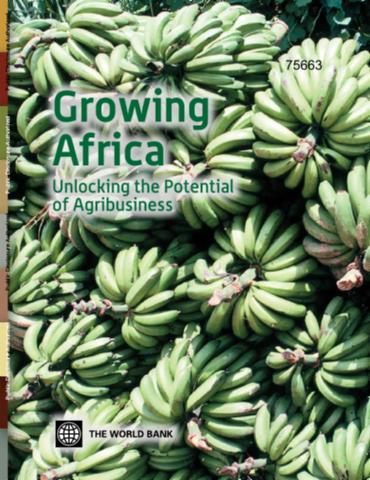Forests and Climate Change After Doha: An Asia-Pacific Perspective
Over the past three years RECOFTC – The Center for People and Forests and the Food and Agriculture Organization of the United Nations (FAO) have brought together regional experts to reflect on the outcomes of the 15th, 16th and 17th Conference of the Parties (COP) of the United Nations Framework Convention on Climate Change (UNFCCC). The resulting booklets “Forests and Climate Change after Copenhagen,” “after Cancun” and “after Durban” were distributed widely and very well received.





